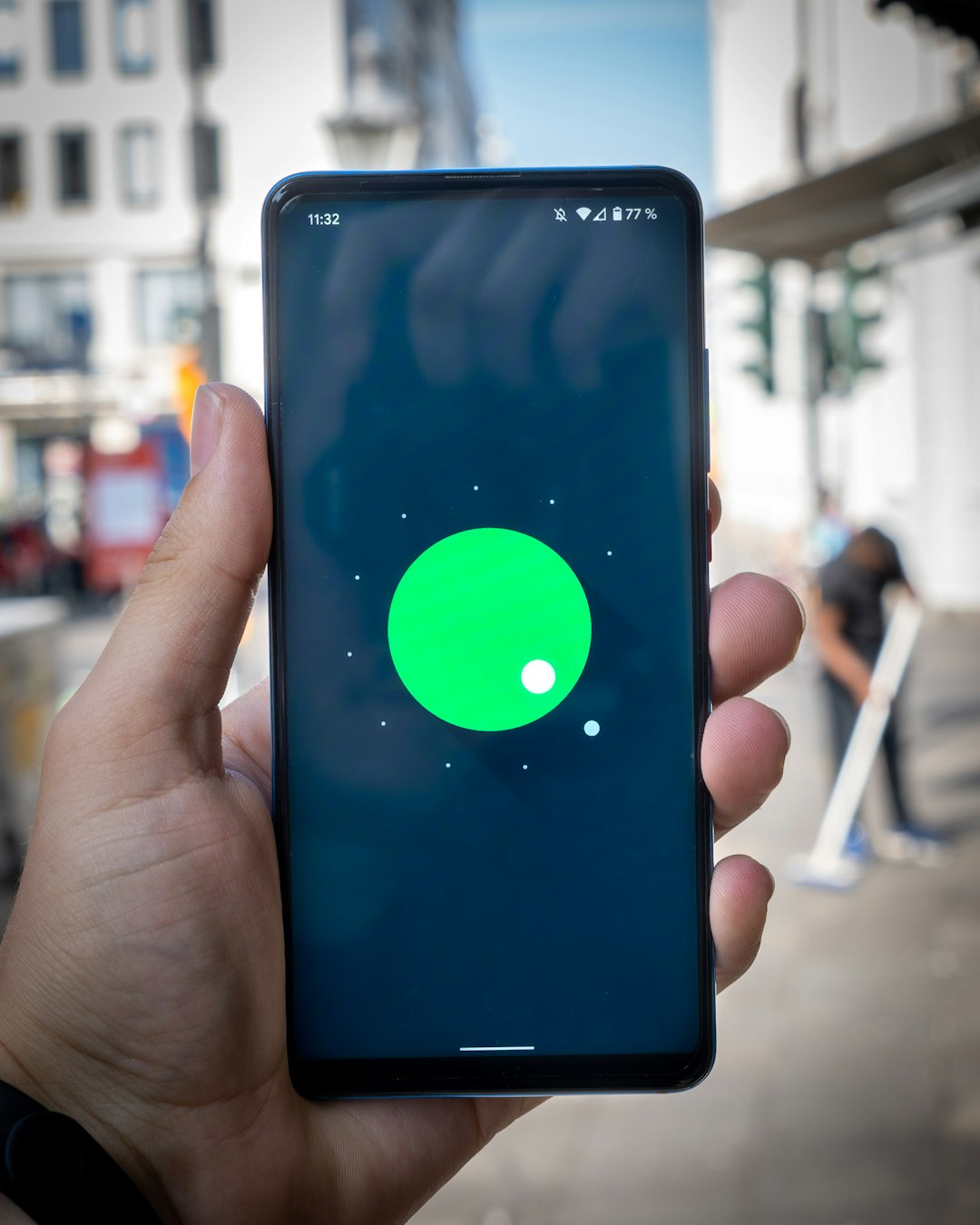Robocalls from law firms are a prevalent nuisance in Pennsylvania, but residents can fight back using the state's Do Not Call registry and robocall blocking apps. These tools empower users to control communication preferences, silencing unwanted calls and protecting personal time. Top-rated apps like TrueCall and Hiya offer advanced call identification and filtering, while enforcing Pennsylvania's stringent privacy laws. By downloading and customizing these apps, citizens can create a quieter environment free from intrusive marketing calls, ensuring they only receive trusted communications.
In the age of digital connectivity, robocalls have become a ubiquitous yet unwanted nuisance in Pennsylvania. These automated calls, often from telemarketers and scam artists, can disrupt peace of mind and safety. With the state’s strict Do Not Call laws in place to protect residents, understanding how to leverage blocking apps is crucial. This article explores the rise of these apps as a solution, delving into their effectiveness against robocalls, while also guiding users through implementing top-rated apps tailored for Pennsylvania residents, ensuring a quieter and safer communication environment.
Understanding Robocalls and Their Impact in Pennsylvania

Robocalls, automated phone calls that deliver recorded messages, have become a ubiquitous yet unwanted part of modern life in Pennsylvania, as across the nation. While many robocalls promote legitimate services or products, a significant portion are considered unsolicited and often fraudulent, including those from law firms seeking potential clients. In Pennsylvania, where the Do Not Call registry is in place, residents can take steps to mitigate these unwanted calls, yet new challenges emerge with the evolving nature of robocall technology.
The impact of robocalls extends beyond mere annoyance. They can disrupt daily routines, invade personal time, and even pose financial risks, especially when targeting vulnerable individuals or promoting illegal activities. In Pennsylvania, where privacy laws are stringent, residents have a right to control their communication preferences, including limiting calls from law firms under specific circumstances. This is reflected in the state’s Do Not Call registry, which allows citizens to register their phone numbers and restrict telemarketing calls, including those from legal entities.
The Rise of Robocall Blocking Apps: A Solution for Peace of Mind

In recent years, the proliferation of robocalls has led many residents in Pennsylvania to seek solutions for peace of mind. These automated calls, often from law firms and other businesses, can be intrusive and annoying, prompting users to look for ways to block them effectively. Robocall blocking apps have emerged as a popular choice for individuals tired of unwanted calls. These innovative tools allow users to silence these relentless callers, providing much-needed respite from constant interruptions.
By leveraging advanced technologies, blocking apps offer a simple yet powerful way to filter out robocalls. Unlike traditional call screening methods, these apps employ sophisticated algorithms and databases to identify and block calls from specific numbers or types, such as Do Not Call lists. With just a few taps on a smartphone screen, users can protect their personal time and space, ensuring they receive calls only from trusted sources. This shift towards user-driven control over communication has proven invaluable in the age of digital connectivity.
How Do Not Call Laws Protect Residents in PA

In Pennsylvania, residents have a powerful tool at their disposal to combat unwanted robocalls – the Do Not Call laws. These laws, enforced by the state’s attorney general, are designed to protect citizens from persistent and harassing phone calls, particularly from telemarketers and spammers. By registering on the official Do Not Call list, Pennsylvania folks can significantly reduce the number of unsolicited calls they receive.
The Do Not Call law firms in PA play a crucial role in facilitating this process. They help residents understand their rights and guide them through the registration procedure, ensuring that their phone numbers are added to the state’s ‘do not call’ registry. This simple step can lead to a more peaceful and undisturbed home environment, free from relentless marketing calls.
Top-Rated Robocall Blocking Apps for Pennsylvania Users

In today’s digital era, robocalls have become a common nuisance, especially for those living in bustling Pennsylvania communities. However, there is a simple solution to reclaim peace of mind – utilizing top-rated robocall blocking apps designed specifically for Pennsylvania users. These innovative tools are not just effective but also user-friendly, allowing residents to easily block unwanted calls from law firms and other persistent callers.
One standout app that has garnered high ratings among Pennsylvania users is [App Name 1], renowned for its robust blocking capabilities and advanced call identification features. Another popular choice is [App Name 2], which offers a simple interface alongside comprehensive call filtering options, ensuring that residents can enjoy a quieter, more peaceful environment free from intrusive robocalls, especially those related to the Do Not Call laws in Pennsylvania.
Implementing the Best App: A Step-by-Step Guide

Implementing a robocall blocking app is a straightforward process that can significantly enhance your peace of mind, especially in a state like Pennsylvania where Do Not Call laws are in place but not always respected. Here’s a step-by-step guide to choosing and setting up the best app for your needs:
1. Research Options: Start by exploring reputable robocall blocking apps available on both iOS and Android platforms. Look for apps that offer robust call screening, extensive call blocklists, and user-friendly interfaces. Some popular choices include TrueCall, Hiya, and NoCall. Ensure the app has good reviews and is regularly updated to combat new spamming techniques.
2. Download and Install: Once you’ve found an app that suits your preferences, download it from the App Store (iOS) or Google Play Store (Android). Follow the on-screen instructions to install the app. During setup, the app may ask for permissions to access your call history and block unwanted calls. Grant these permissions to ensure optimal performance.
3. Configure Settings: After installation, take time to configure the app’s settings according to your preferences. This includes setting up custom blocklists (e.g., blocking all calls from law firms), specifying do-not-disturb hours, and deciding which types of calls to automatically filter or alert you about. Customization options vary by app but generally allow for a tailored experience.
4. Test and Update: Regularly test the app’s effectiveness by making and receiving test calls. This helps ensure that unwanted robocalls are being blocked as intended. Additionally, keep your app updated to benefit from new features, improved blocking algorithms, and fixes for any reported issues. Most apps provide automatic updates, but it’s good practice to check periodically.






